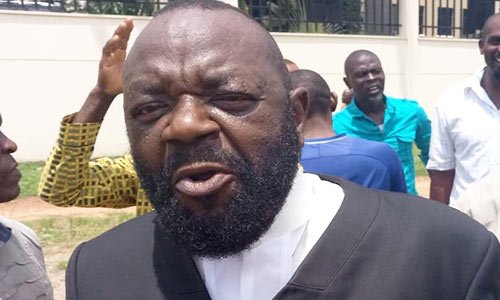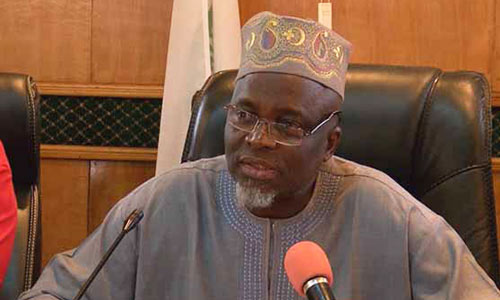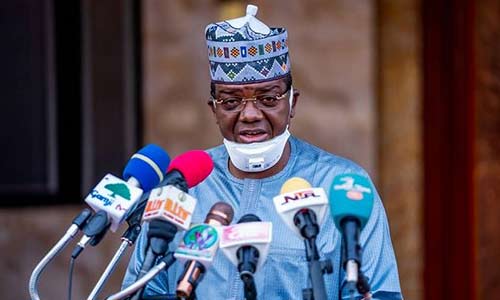LEGAL NEWS UPDATES 11/04/2022
New Practice Of Secret Trial For Nnamdi Kanu, Other Alleged Terrorism Cases Is Unconstitutional — IPOB Leader’s Lawyer, Ejimakor

Aloy Ejimakor, a special counsel for the detained leader of the Indigenous People of Biafra (IPOB), has described the new ‘Practice Directions On Trial of Terrorism Cases’ as unconstitutional.
By the new directive, the Chief Judge of the Federal High Court of Nigeria, Justice John Terhemba Tsoho, last week noted that “the distance and size of perimeters to be secured for the trial shall be determined based on the recommendation of security agencies on a case-by-case basis.”
It means terrorism trials including the ongoing trial of Nnamdi Kanu and other related ones will be done secretly, even without journalists, except the judge rules otherwise.
Kanu’s trial by the Nigerian government which continued last Friday, April 8, was the first casualty of the new directive.
Ejimakor in a statement on Sunday said the new Practice Directions on Terrorism Trials “recently issued by the Chief Judge of the Federal High Court are unconstitutional by the clear provisions of two subsections of Section 36 of the Constitution, which requires all trials to be in public”.
The first, according to him, is subsection (3) of Section 36 of the Constitution, which states that “The proceedings of a court or the proceedings of any tribunal relating to the matters mentioned in subsection (1) of this section (including the announcement of the decisions of the court or tribunal) shall be held in public”.
The second, he further noted, is subsection (4) of Section 36 of the Constitution which states that “Whenever any person is charged with a criminal offence, he shall unless the charge is withdrawn, be entitled to a fair hearing in public within a reasonable time by a court or tribunal”.
He said the only restrictions the Constitution allow are on a case-by-case basis and it “must be narrowly tailored by the particular court or tribunal before whom the suspect is being tried, not by an omnibus Practice Directions that seeks to envelop every case in one fell swoop”.
The statement read in part, “The first narrowly-tailored exception can be found in Section 36, subsection 4(a) of the Constitution which states that ‘A court or such a tribunal may exclude from its proceedings persons other than the parties thereto or their legal practitioners in the interest of defence, public safety, public order, public morality, the welfare of persons who have not attained the age of eighteen years, the protection of the private lives of the parties or to such extent as it may consider necessary by reason of special circumstances in which publicity would be contrary to the interests of justice’.
“The second narrow exception is contained in Section 36(4)(b) of the Constitution, which states that ‘If in any proceedings before a court or such a tribunal, a Minister of the Government of the Federation or a commissioner of the government of a state satisfies the court or tribunal that it would not be in the public interest for any matter to be publicly disclosed, the court or tribunal shall make arrangements for evidence relating to that matter to be heard in private and shall take such other action as may be necessary or expedient to prevent the disclosure of the matter’.
“Thus, other than in the circumstances of the narrowly-tailored exceptions permitted by the Constitution, the new Practice Directions are ultra vires the Constitution. And it cannot be justified by a Terrorism Prevention Act that is unarguably subservient to the Constitution.”



